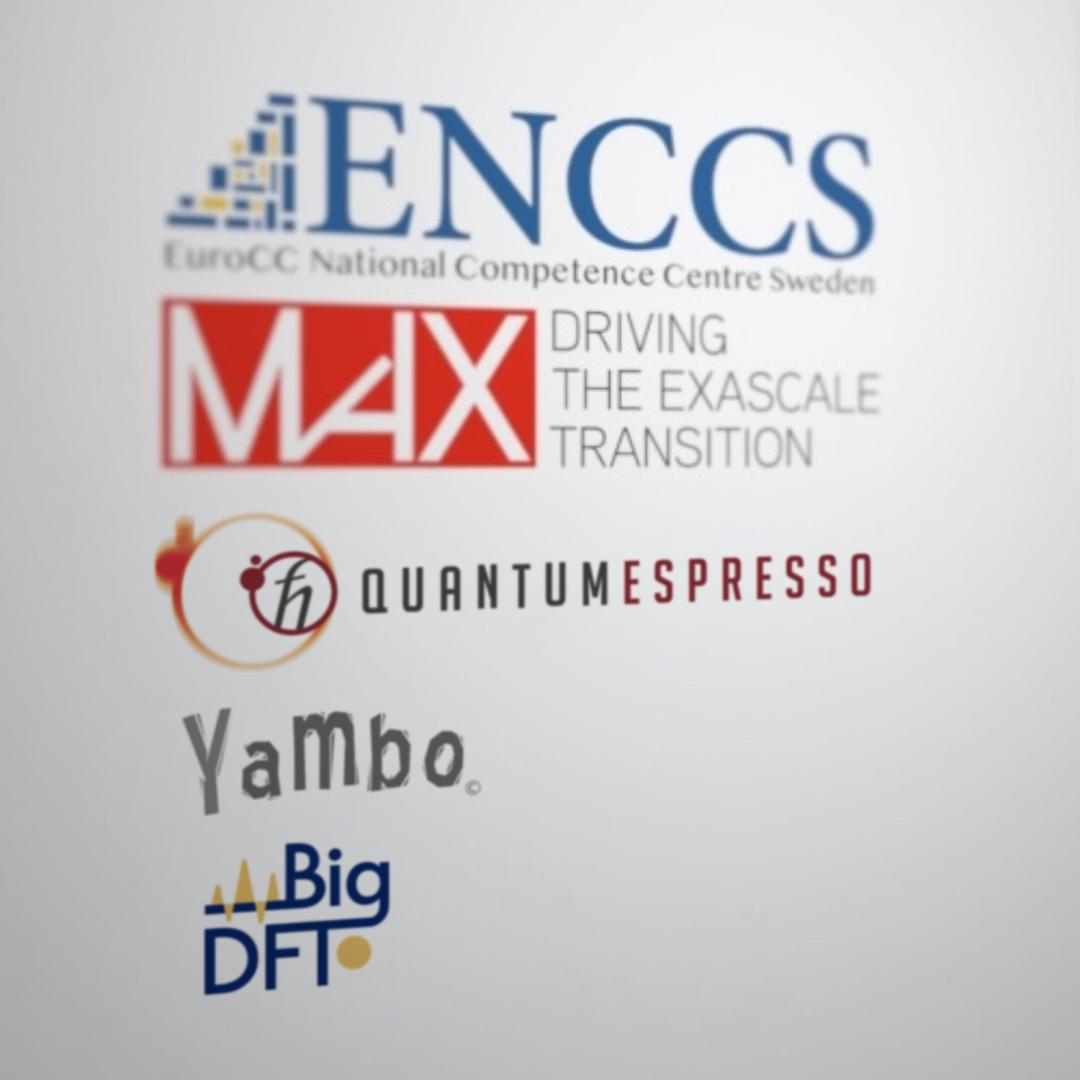
In recent years, computing technologies underlying materials modelling and electronic structure calculation have evolved rapidly. High-performance computing (HPC) is transitioning from petascale to exascale, while individual compute nodes are increasingly based on heterogeneous architectures that every year become more diversified due to different vendor choices. In this environment, electronic structure codes also have to evolve fast in order to adapt to new hardware facilities. Nowadays, state-of-the-art electronic structure codes based on modern density functional theory (DFT) methods allow treating realistic molecular systems with a very high accuracy. However, due to the increased complexity of the codes, some extra skills are required from users in order to fully exploit their potential. This workshop will give a broad overview of important fundamental concepts for molecular and materials modelling on HPC, with a focus on three of the most modern codes for electronic structure calculations (QUANTUM ESPRESSO, Yambo and BigDFT). Theory sections will be interleaved with practical demonstrations and hands-on exercises where participants will put their new knowledge to the test on the Vega EuroHPC JU supercomputer.
In this training activity MaX, in collaboration with ENCCS - the EuroCC National Competence Center Sweden, presents its flagship codes: QUANTUM ESPRESSO, YAMBO, and BigDFT!
In this workshop, participants will learn how to launch the most common types of calculations (e.g. scf, phonons, quasi-particle energies, time-dependent properties) using QE, Yambo and BigDFT, how to prepare input files and how to read output files in order to extract the desired properties.
Best practices for efficient exploitation of HPC resources will be discussed, with particular emphasis on how to use the different schemes of data distribution (e.g. plane waves, pools, images) in combination with the different parallelization and acceleration schemes (MPI, OpenMP, GPU-offload) available in QE.
REGISTRATION NEEDED! Please register by following this link https://events.prace-ri.eu/event/1451/registrations/1070/
This training is intended for users established in the European Union or a country associated with Horizon 2020. You can read more about the countries associated with Horizon2020 here https://ec.europa.eu/info/research-and-innovation/statistics/framework-programme-facts-and-figures/horizon-2020-country-profiles_en
More details are available at this link https://enccs.se/events/2022-11-efficient-materials-modelling/

